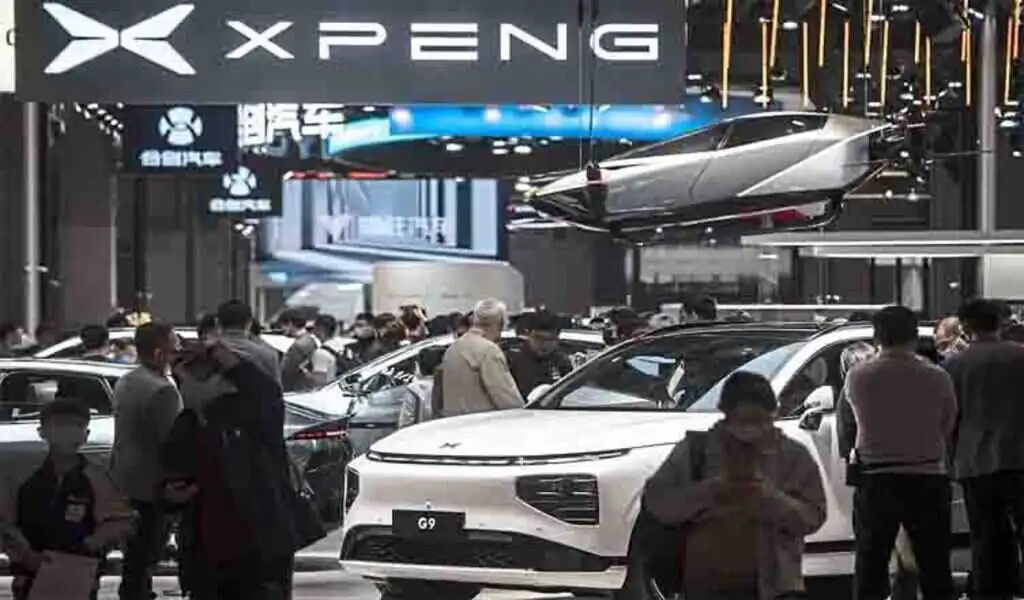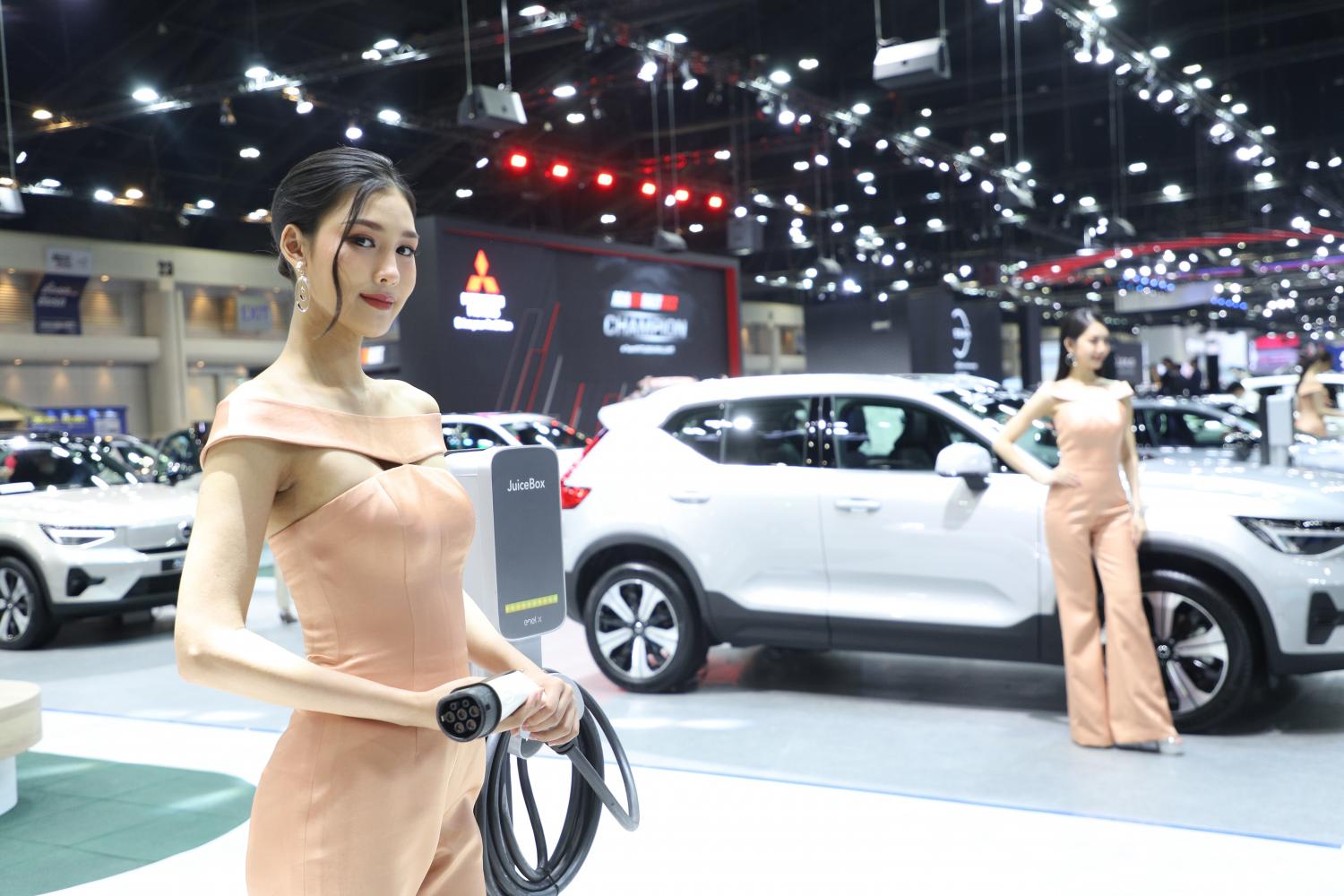Major automakers predict that Thailand’s domestic electric vehicles (EVs) industry will experience significant growth due to heightened investment from Chinese EV manufacturers in Thailand. As a result, automakers will be compelled to reduce prices in order to attract customers.
“A price war is expected to occur in the Thai market,” said Narong Sritalayon, managing director of Chinese automaker Great Wall Motor (GWM). He was speaking ahead of the Bangkok International Motor Show, which begins on Wednesday and will include a variety of electric vehicle types.
GWM has already opened its EV plant in Rayong, preparing to compete with other manufacturers who intend to develop production facilities in Thailand. The domestic EV industry is likely to become more competitive as the quantity of EVs on the market increases, particularly from Chinese manufacturers.
Thai-Chinese joint venture SAIC Motor-CP, which manufactures MG automobiles, believes the current circumstances would eventually lead to a pricing war among manufacturers.
“Some Chinese companies are using multi-brand marketing in Thailand, but MG will market its cars through a single brand,” said Pongsak Lertruedeewattanavong, vice-president of MG Sales Thailand. “We are confident we can deal with a price war.”
SAIC Motor-CP will today open a electric vehicle (EV) factory in Chon Buri, joining other Chinese automakers in using Thailand as a new EV production base. “We plan to deliver 1,000 EVs per month to customers,” he added, adding that the company will start with the MG4, a rear-wheel drive EV.

MG has committed to producing EVs locally after joining the government’s EV3.0 scheme, an incentive package that includes subsidies and tax breaks aimed at encouraging EV consumption and manufacturing in the country.
Beginning in 2024, participating companies must produce EVs in Thailand.
Omoda & Jaecoo (Thailand) Co, a subsidiary of Chery Automobile, a Chinese state-owned EV manufacturer, previously announced plans to develop an EV factory in Rayong, with manufacturing beginning next year.
This year, the business expects to sell 6,000 Omoda EV5 and Jaecoo7 machines.
More Chinese EV imports, combined with banks’ stricter loan approval standards, are projected to have an impact on domestic production of internal combustion engine-powered vehicles, according to the Automotive Industry Club of the Federation of Thai Industries.
Mr Pongsak stated that while more restricted access to car loans may hurt domestic pickup sales, it should have little effect on passenger car and sport utility vehicle (SUV) sales.
He believes that prospective passenger vehicle and SUV purchasers continue to have substantial purchasing power.

Meanwhile, nearly three-quarters of Thais believe the current Electric Vehicle (EV) charging infrastructure is inadequate, despite the fact that there is a strong willingness among drivers to switch to EV, according to a new survey on attitudes toward EV by ABeam Consulting Thailand.
Thai respondents to ABeam Consulting’s October 2021 study are optimistic about the benefits of owning a fully electric automobile, with more than half (55%) believing that purchasing an Electric Vehicle (EV) is more cost-effective than owning a conventional internal combustion vehicle in the long run.
Almost half of all respondents (48%) believe EVs provide trustworthy quality, and two out of every five (41%) would enjoy driving an EV.
In addition to driving experience, environmental concerns and purchasing incentives were crucial. Seven in ten drivers (71%) feel that purchasing a BEV will help alleviate the effects of climate change, and 43% believe that the government is providing adequate incentives for promoting BEVs.
Every year, the number of EV sales grows, with sales in 2021 exceeding all 2020 sales by October. However, despite Thai drivers’ great desire to possess a complete EV, only 3% of all car purchasers planning to buy a car in the next three years anticipate their next purchase would be a BEV.
When it comes to purchasing a fully electric vehicle, Thai drivers are most discouraged by a lack of comprehensive infrastructure. Almost three out of four people (72%) say there aren’t enough public charging stations, and 67% are concerned about running out of electricity on their travel.
Half of the respondents (50%) are concerned about charging taking too long, while two-thirds (66%) want to be able to charge completely in less than an hour.
At least half of Thai consumers believe that at least 80% or greater charging station coverage is required in contrast to gas stations to make EVs viable, although Thailand currently has just around 1,000 public charging stations, compared to approximately 30,000 gas stations.
Xpeng Will Launch A Cheaper Brand Of Electric Vehicles
Xpeng Will Launch A Cheaper Brand Of Electric Vehicles In China






